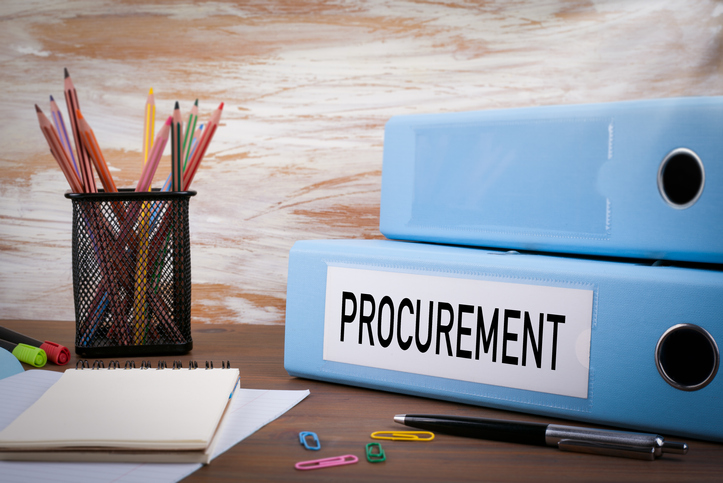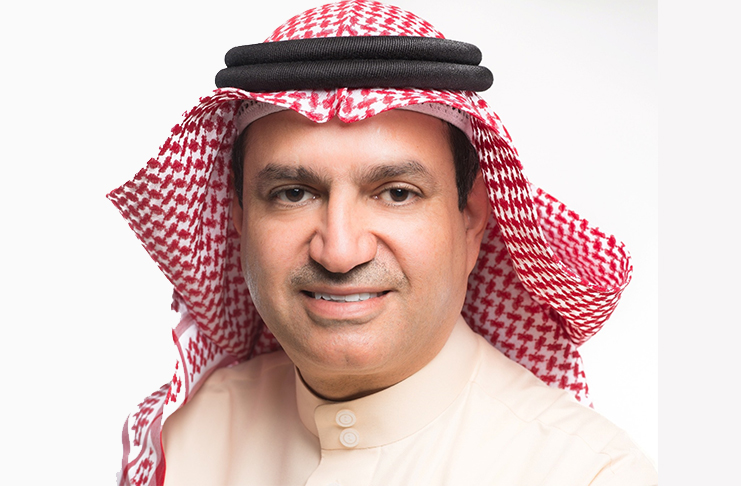From national talent development to a pressing climate action agenda, to economic challenges to complex geopolitics, to fast-evolving technologies, a deluge of macro trends has meant public sector entities and businesses in the UAE are putting more focus on a role that can minimise risk and drive value creation: the Chief Procurement Officer (CPO). Once considered a back-office function, the modern CPO can make all the difference to whether a forward-thinking organisation sinks or swims in today’s turbulent marketplace.
With further uncertainties on the horizon for government leaders to navigate, here are the five key priorities for CPOs to consider in the year ahead.
- Investing in people
The realm of procurement is fast-changing, and national talent needs to be invested in the UAE’s future economic development. This means the CPO will need to lead their team with empathy and clear communication, with a focus on current staff becoming future leaders. On a practical front, they will set the procurement team up in good stead to adapt and evolve as procurement changes to best meet business needs. This includes quickly and decisively ascertaining what is best done internally and what capabilities are best sourced externally.
It is up to the CPO to conduct a regular review of capacity and capability, with a view to maximising opportunities and growth for Emirati talent. They should specifically communicate the tasks and competencies needed from each role and how they interact cross-functionally. In addition, it is important to be clear on future skillset needs, with a plan in place to retain your best Emirati people through structured development plans and good-quality training.
2. Leading the climate action charge
With COP28 still fresh in government leaders’ minds, ESG will remain high on the boardroom agenda and procurement is being increasingly recognised as playing a key role in driving organisation-wide impact in this area, with supply chain emissions typically making up 40-80% of an organisation’s total carbon emissions.
To meet the ambitious targets set out in the UAE’s Net Zeo 2050 strategy, the CPO, therefore, will need to steer the ship on ESG, embedding this understanding and best practice across the function and its processes, setting clear, prioritised objectives to drive focus and promote performance. Working closely alongside ESG leadership, and in concert with the country’s sustainable development objectives, the CPO must clearly define opportunities and measurable goals. Measuring and tracking are key to showcasing improvements and will enable you to benchmark progress against meaningful metrics.
It is crucial that companies are open, honest, and realistic. They should seek to endorse their activity through a clear evidence base, ideally ratified by a recognised reporting body such as CDP, SBTi, MSCI, and Sustainalytics.
3. Cost optimisation
Optimising spend will remain a key priority in 2024. Increasingly, government bodies need to reduce spend where they can and do more with less to navigate current economic pressures. While the CPO will need to juggle increasingly broader and more nuanced responsibilities, they must remain grounded in the reality of procurement: every penny saved adds to enterprise value.
To achieve this, the CPO must ensure a true procurement performance management culture is embedded, the right partnerships are in place, projects are tracked, and KPIs are measured consistently. Regular check-ins on performance using external benchmarks can also support this.
4. Future-proofing against unknown risk
In an increasingly risk-filled world, the modern CPO must be equipped to deal with more than just the now. Organisational supply chains must anticipate any potential disruption on the horizon: whether it be a natural disaster or global pandemic, they must be able to pivot flexibly to help the entity survive and thrive. This is especially true for Giga and Captial projects. Given their massive scale, complex logistics and investment, the ability to deliver on time and within budget depends on the resilience of the supply chain. Therefore, de-rsiking the supply chain is of paramount importance in this context.
A good starting point for the CPO is to understand the issues faced over the past 18 months and evaluate how they have impacted operations and budgets. To prepare for what’s to come and plan for risk, the CPO should also map out the current supply chain and identify potential failure points. Then, execute a timebound plan to mitigate risks, ensuring the right team and tools are set up for continuous execution and reporting against the plan.
Building true supplier partnerships will also support this effort. Suppliers are more than just vendors; they are partners in your progress and choosing them carefully is essential to ensuring the future agility of the supply chain. Your organisation’s supplier relationships should be characterised by fact-based collaborations that foster value, improvement, growth, and innovation over the long term.
5. Delivering value from tech investments
Investing in technology, particularly Artificial Intelligence, has been at the forefront of conversation in 2023, and this is showing no signs of slowing down for the year ahead. Staying ahead in this new digital world requires harnessing the right technology and ensuring that implementation turns into effective adoption and benefit realisation – and this depends on a well-managed change journey.
To facilitate this, the CPO must identify the exact requirements and the financial case for investment. A balance must be struck between the vision for where the organisation wants to be and the budget available to ensure there is an adequate return on investment. This will require mapping of short-, medium-, and long-term targets along with relevant implementation plans and benefits. Work closely with the CIO to understand the organisation’s tech architecture and the options available, and continuously track status, benefits, and usage.
In addition, the CPO will be responsible for arming their team with fit-for-purpose tools that yield high-quality data and insights that can be relied on for decision-making. The CPO should begin by clarifying what questions the data needs to answer. Once this has been established, it is important to assess the quality and completeness of the existing data, making sure the team understands how to use it effectively.
A CPO with a vision…
The above are just some of the top priorities for the UAE’s CPOs this year: the CPO’s role and responsibilities extend far beyond this.
The CPO must ultimately articulate a bold vision, secure a strong exec mandate to deliver, and rally the team with a united purpose that propels the organisation’s teams beyond convention. This includes articulating the function’s strategy, as well as risks and opportunities, to all stakeholders, engaging them through strong communication, robust measurement, and performance.

by David Mooney, Vice President and MENA lead at Efficio



